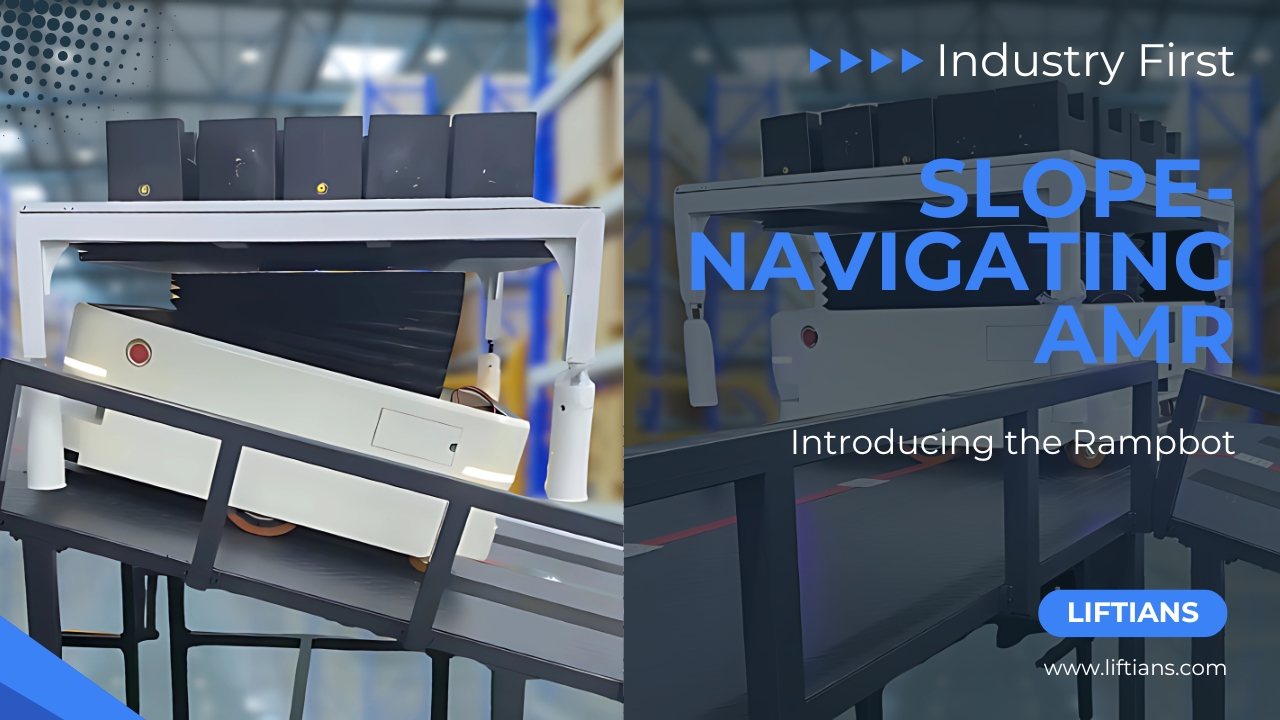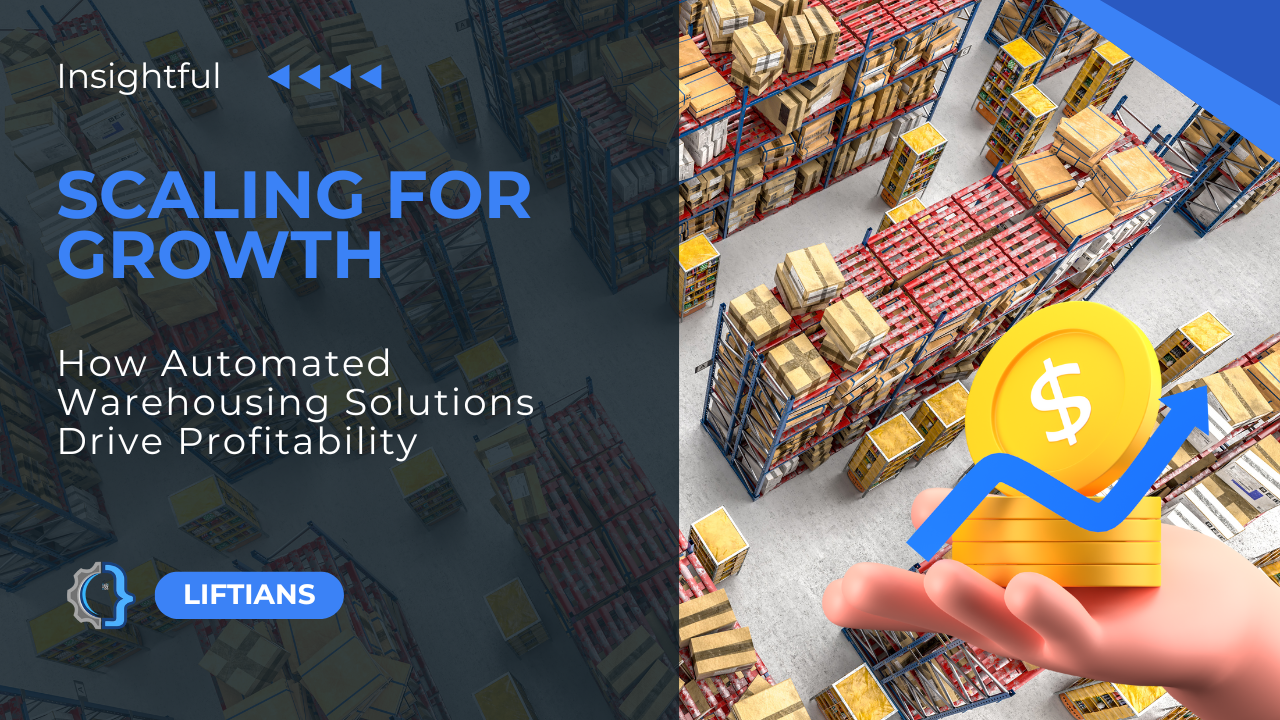

As businesses grow, so do their operational challenges. Warehouses must manage increasing inventory volumes, faster delivery expectations, and more complex supply chains, all while keeping costs under control. In this environment, automated warehousing solutions have become indispensable, offering a pathway to scale operations efficiently while driving profitability.
In this blog, we’ll explore how automation enables businesses to scale seamlessly, minimize costs, and maximize return on investment (ROI). Whether you’re expanding your e-commerce operations or optimizing a global supply chain, automation provides the tools you need to stay competitive.
Scaling a warehouse operation manually is not only time-consuming but also prone to inefficiencies. Common challenges include:
These challenges highlight the need for a smarter approach to growth—one that only automated warehousing solutions can deliver.
Automation optimizes workflows by reducing the time and effort required to complete tasks. Technologies like goods-to-person systems and autonomous mobile robots (AMRs) streamline picking, packing, and transporting goods, significantly increasing order throughput.
For example, robotic systems can process orders faster than manual labor, allowing businesses to fulfill more orders in less time. By eliminating bottlenecks, automation ensures smooth operations even during peak periods.
Why it matters: Faster operations lead to higher productivity and happier customers.
Labor is one of the most significant expenses in warehouse operations. Automated systems take over repetitive and physically demanding tasks, reducing the need for a large workforce. This doesn’t mean replacing employees but rather reallocating them to higher-value roles such as managing operations or analyzing data.
Key takeaway: Lower labor costs translate directly into higher profitability, especially as operations scale.
As businesses grow, warehouse space becomes a premium resource. Automated storage and retrieval systems (ASRS) optimize space utilization by enabling high-density vertical storage. These systems use robotics to store and retrieve items efficiently, freeing up valuable floor space for other operations.
Pro Tip: Better space management delays or eliminates the need for costly warehouse expansions.
Order inaccuracies can lead to expensive returns, wasted resources, and dissatisfied customers. Automated systems improve accuracy by using AI and machine learning to pick and pack items with precision.
For example, barcode scanning and vision systems ensure that the correct items are selected and shipped. This level of accuracy minimizes errors, reduces waste, and enhances customer satisfaction.
The result: Fewer mistakes, lower costs, and a stronger brand reputation.
Unlike manual processes, automated warehousing solutions are inherently scalable. Businesses can add more robots, increase conveyor speeds, or expand automated systems incrementally to handle growing demand. This flexibility allows companies to scale without the disruptions and inefficiencies associated with manual methods.
Why this is important: Scalable solutions ensure your operations grow at the same pace as your business.
Automation doesn’t just streamline operations—it also provides valuable data. Real-time analytics from automated systems offer insights into inventory levels, order accuracy, and equipment performance. These insights empower businesses to make data-driven decisions, identify inefficiencies, and optimize workflows.
Key insight: Data is the foundation for continuous improvement and long-term profitability.
The return on investment (ROI) for automation is compelling. While the upfront costs may seem significant, the long-term benefits far outweigh them. By reducing labor costs, improving efficiency, and minimizing errors, automated warehousing solutions deliver substantial savings over time.
For example:
Bottom line: Automation pays for itself by driving profitability and enabling sustainable growth.
If you’re ready to scale your operations with automation, here’s how to get started:
Identify pain points in your current processes, such as bottlenecks in picking or space inefficiencies, to determine where automation will have the greatest impact.
Define what you want to achieve—whether it’s faster fulfillment times, reduced labor costs, or increased scalability.
Work with a trusted provider like Liftians to design and implement automation solutions tailored to your warehouse’s unique needs.
Begin with a pilot project to measure the impact of automation before expanding across your operations.
At Liftians, we specialize in customized automated warehousing solutions that drive efficiency, scalability, and profitability. From goods-to-person systems to AI-powered analytics, our technologies are designed to help your business grow smarter, not harder.
Our team works closely with you to understand your challenges and deliver solutions that align with your goals, ensuring a seamless transition to automation.
Scaling doesn’t have to be overwhelming. Contact Liftians today to learn how our automated warehousing solutions can transform your operations. Follow us on LinkedIn for the latest insights, success stories, and trends in warehouse automation.